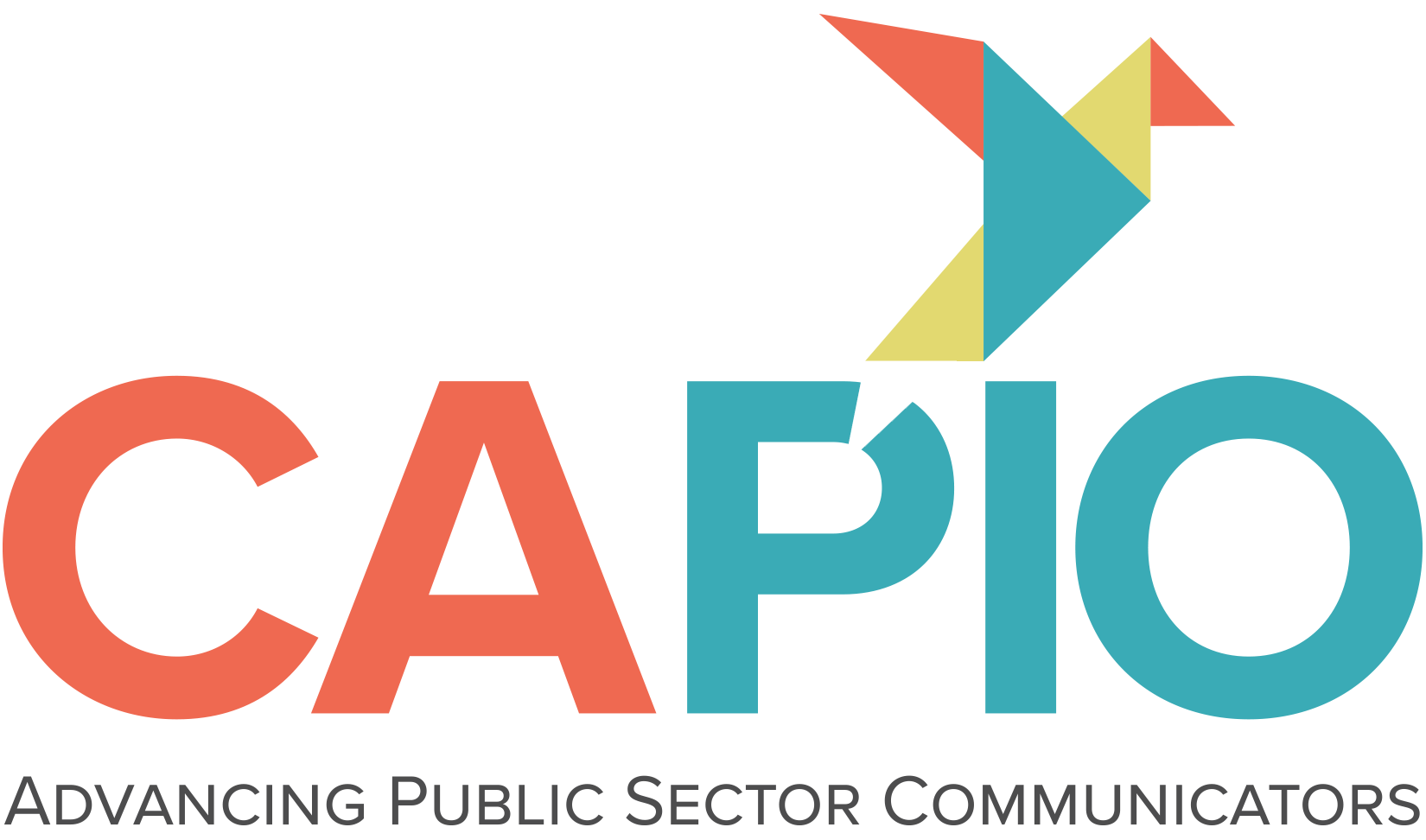The Adaptive Communicator: Embracing Change with Open Arms
By Jalel Braden, Communications Specialist, San Bernardino County Employees’ Retirement Association (SBCERA)
As the calendar turns to a new year, the innate urge to embrace change becomes prevalent. Whether in our professional pursuits, personal endeavors, or other facets of life, there is universal acknowledgment that certain areas of our lives demand recalibration. However, what is often overlooked is the difficulty in navigating change and how to recognize the crucial moments that warrant transformation.
While we can agree that change is fulfilling and has the potential to lead to greater success, the reality is that maneuvering through change is tough, and the process of adapting to it is more difficult than we often admit. As public communicators, grappling with change and mastering the art of adaptation is an integral part of our roles. This can underscore the complexities of the challenges we face when change is not only needed but necessary. Having personally struggled with the challenges of change in my own role, I am here to assure anyone who feels the same, there is light at the end of the tunnel when you learn to discern the silver linings of change and view it as a reimagination of your role rather than a burden.
In this article, we briefly explore how change can redefine our roles as communicators and go over some strategies that help empower us to positively embrace unfamiliarity.
Break It Down
Merriam-Webster defines change as “making something different in some specific aspect, altering radically, providing a different position, course, or direction, and shifting from one state to another.” If we consider these practical definitions of change within our professional roles, embracing change doesn’t need to feel like an overwhelming task but instead can be broken down into more manageable steps. Perhaps there’s a campaign idea you’ve launched in the past that didn’t go as planned, or you’ve crafted communications plans and strategies that weren’t received well by all. Think about how changing course can alter the outcome—turning setbacks, which are a natural part of change, into opportunities for professional growth and improvement.
Focus On Positive Aspects
A lot of the time, the landscape of what we do requires swift adaptation and openness to change. Being able to recognize the potential benefits and opportunities associated with change can be a crucial support during the adaptation process. As an illustration, before my tenure at SBCERA, I served in a school district where I wore various hats, including writing on behalf of the Superintendent and Executive staff. Upon transitioning to SBCERA, my confidence as a writer was met with a realization — the style of writing that served me well in my previous role wouldn’t apply here. The targeted audience changed, as did the nature of the information I needed to convey. No longer could I employ colorful and expansive language; instead, I had to find ways to communicate complex information in a more concise and digestible manner—a shift entirely opposite of my accustomed communication style. Although the realization initially felt daunting, it provided an opportunity to shift focus towards the positive aspects of the change—specifically, the addition of another writing style to my professional toolbelt.
Adaptation Is a Skill
As communicators, we are no strangers to change, even if it’s not always our preferred choice. It’s ingrained in our work, so much so that it can almost feel second nature. However, because adaptation is such a fundamental aspect of our professional journey, it might not always receive the acknowledgment it deserves. Let’s take a moment to not only applaud you for navigating changes outside your comfort zone but also recognize the remarkable skill required to consistently adapt to the recurring shifts inherent in our line of work.
Being adaptable offers numerous advantages, encompassing innovation, continuous learning, heightened productivity, broadened perspective, effective problem-solving, and beyond. This skill is imperative for every leader, shaping the approach one should take when responding to change. While adaptability is undeniably a crucial skill in the public sector, it also represents an essential piece of the effective contributions we provide to our organization and the people we serve.
When challenges evolve and demands shift, the journey of the adaptive communicator is a testament to the resilience and growth we are afforded. It is evident that adaptation is not merely a survival tool but a guiding principle toward a future of innovation and impact. The stories shared and lessons learned by all of us underline the transformative power of wholeheartedly embracing change with open arms. The adaptive communicator is more than just a position—it is a defining influence shaping the future of communication that is both effective and influential.

